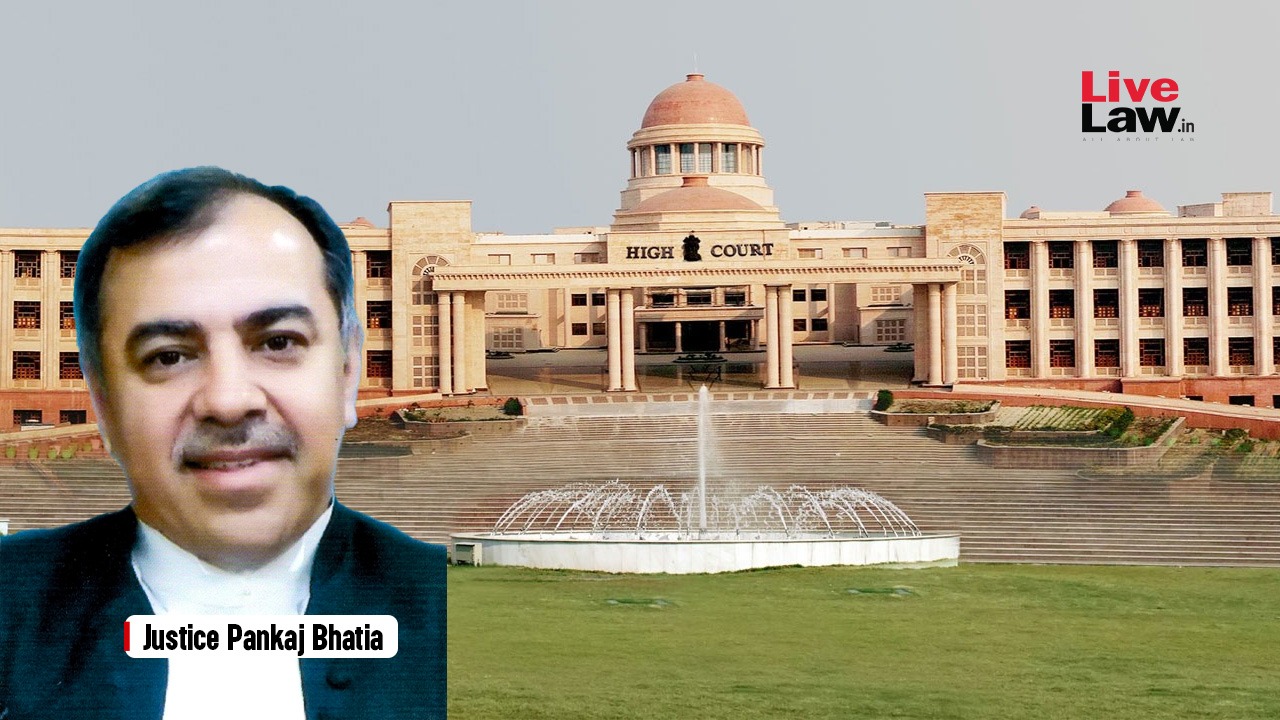Joburg's Massive R89 Billion Budget: Power, Water, and Rates Drive the City's Finances

Joburg's Bold Financial Plan Unveiled: A R89 Billion Budget for the City
Johannesburg's Finance Member of the Mayoral Committee (MMC) has recently presented a substantial R89 billion budget, outlining the city's financial roadmap for the upcoming period. This significant allocation reflects the scale of challenges and opportunities facing the bustling metropolis. The budget's unveiling has sparked considerable interest, particularly concerning how the city intends to manage its resources and deliver essential services to its residents.
Key Revenue Streams: Electricity, Water, and Property Rates
A closer look reveals that electricity and water continue to be the metro's primary revenue generators, contributing significantly to the city's coffers. These essential utilities are consistently relied upon to fund a wide range of municipal operations, from infrastructure maintenance to public safety initiatives. The ongoing demand for these services underscores their vital role in the city's economic engine.
Alongside electricity and water, property rates and taxes also play a crucial role in the city's revenue portfolio. The value of properties within Johannesburg and the subsequent rates levied contribute a substantial sum, further bolstering the city's financial capacity. However, fluctuations in the property market can impact this revenue stream, making diversification a key consideration for financial stability.
Budget Priorities: Investment and Service Delivery
The R89 billion budget isn't simply about revenue generation; it's about strategic investment and improved service delivery. The MMC highlighted several key areas of focus, including:
- Infrastructure Upgrades: Addressing long-standing issues with aging infrastructure, particularly in water and electricity distribution networks, is a top priority. This includes investments in new pipelines, substations, and smart grid technologies to improve efficiency and reduce losses.
- Public Safety: A significant portion of the budget is allocated to enhancing public safety measures, including increased police visibility, improved street lighting, and the implementation of advanced surveillance systems.
- Housing and Social Development: The budget reflects a commitment to addressing the city's housing backlog and supporting vulnerable communities through social development programs. This includes initiatives aimed at providing affordable housing, creating job opportunities, and improving access to essential services.
- Economic Development: Fostering economic growth remains a central theme, with the budget supporting initiatives to attract investment, promote entrepreneurship, and create a more conducive environment for businesses to thrive.
Challenges and Future Outlook
While the R89 billion budget represents a significant financial commitment, the City of Joburg faces ongoing challenges. These include managing rising operational costs, addressing revenue collection inefficiencies, and adapting to changing economic conditions. Furthermore, the ongoing energy crisis in South Africa poses a significant risk, potentially impacting electricity supply and revenue generation.
The MMC emphasized the importance of prudent financial management, transparency, and accountability in ensuring that the budget delivers tangible benefits to the residents of Johannesburg. Regular monitoring and evaluation will be crucial to track progress, identify areas for improvement, and ensure that resources are used effectively and efficiently. The success of this budget will ultimately depend on the city's ability to navigate these challenges and deliver on its promises to its citizens.






